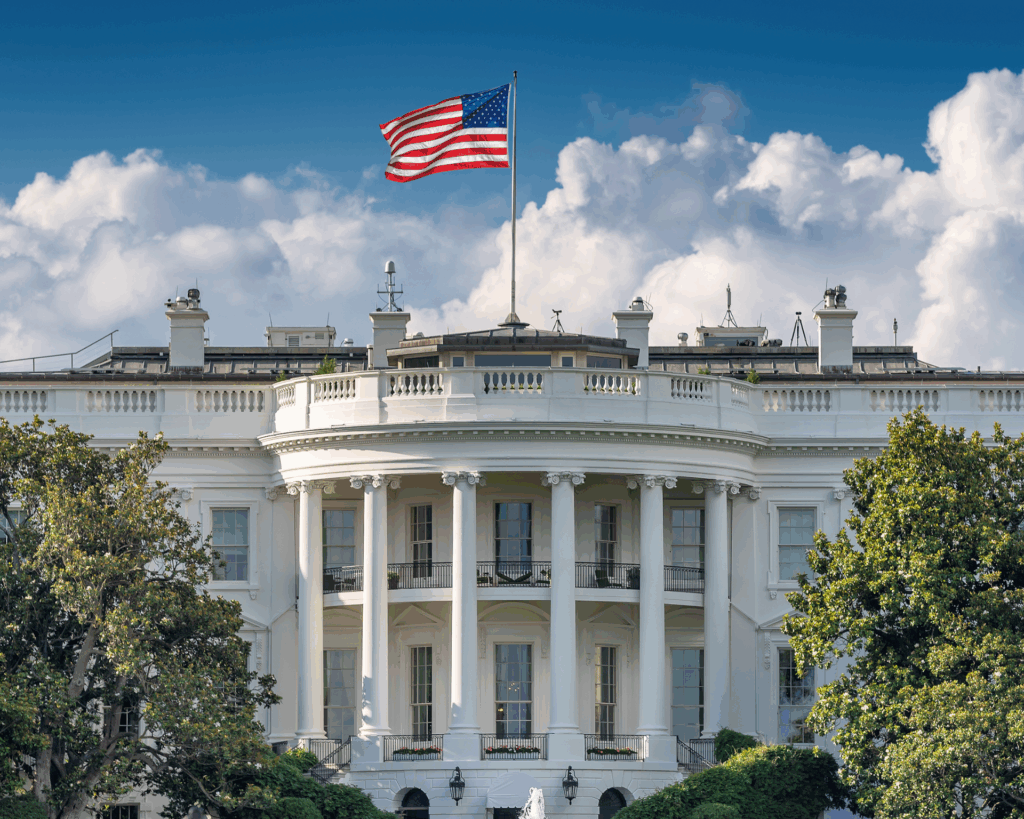What We Have Learned This Year
The day after Trump’s election David Jones outlined 20 questions about what the new presidency meant for health reform. One year later, he discusses the answers to his questions. Most importantly, the ACA seems to have survived - or has it?

Read Time: 7 minutes
Published:
On November 9, 2016 I wrote that “Donald Trump’s victory [the day before] throws the future of health reform into complete chaos.” At that point I was working on a paper exploring how President Hillary Clinton could strengthen the exchange marketplaces, including the potential path to creating a public option. As I put that suddenly irrelevant paper aside I started to realize just how different the next few years would be, and the potential health care implications for tens of millions of Americans.
Public Health Post was only in its second week and I was glad to have the outlet to process the health policy implications of Trump’s election. I listed 20 questions about the future of health reform. Now that we are past the first anniversary of this landmark election it is a good opportunity to look back at these questions and evaluate what we know. Here are the questions I asked and what I think the answers are so far. Tomorrow, I outline the questions that I have about the next year.
1. Will Republicans follow through with trying to repeal the ACA? They had no choice to try given that they had spent seven years attacking and promising to repeal Obamacare. But as the secretly recorded conversations from their retreat in late-January revealed, not all Republican Members of Congress were excited about suddenly being in charge of health reform. There was not only nervousness about whether they could win enough votes in Congress around a specific repeal bill, but also about the political consequences should they succeed. Some of these Members understood that none of the ideas being considered would truly solve the fundamental problems of health care costs, quality, and access. Repealing Obamacare would take away the Republican attack that President Obama should be blamed for all these problems. President Trump and the Republican Congress would now own all problems of health care in America.
2. & 3. If they decide to move forward with repeal in the first year, what will this look like? Will they attempt repeal and replace at the same time or will these be separate conversations? It became clear almost immediately in January that there would not be enough support in the Senate for a ‘repeal and delay’ strategy. This forced Republican leaders to do the much more difficult work of trying to gain consensus around specific policy proposals. Paul Ryan ultimately succeeded in getting a bill through the House, but it was a by a narrow margin of four votes and only after a humiliating defeat in March. Mitch McConnell came close in the Senate, falling more than a half dozen votes short on his preferred bill and one vote short on the most limited proposal considered. The most revealing quotes come from John McCain who ironically was the deciding “No” vote that killed Obamacare repeal in the Senate. When asked what policy goal Senate Republicans were trying to achieve, he couldn’t name anything besides trying to get to 50 votes. Just when it seemed that Obamacare repeal was dead, they are attempting to use the tax plan kill the individual mandate.
4. How will Republican Members of Congress combat adverse selection if they get rid of the individual mandate? By allowing insurance companies to charge 30% more for anyone with a gap in coverage.
5. Will they keep popular parts of the law? Yes and no. The Republican plans would allow children to remain on their parents’ plan until age 26 but give states some flexibility to allow insurers to exclude people because of pre-existing conditions. The House Republican bill also increased the ratio insurers could charge older people relative to younger people from 5 to 1. Needless to say, this didn’t go over well, as premiums were projected to increase 10-fold for some seniors.
6. Will Republicans reclaim ownership of policy ideas they supported before the ACA? Not in their rhetoric, but they did keep the ACA’s basic infrastructure of a health insurance exchange which was an idea many Republicans supported pre-Obamacare. They tinkered with the formula for deciding the amount eligible individuals would receive in federal assistance, but continued to use federal tax credits as the mechanism for helping consumers. This was the preferred approach for many Republicans prior to the ACA and apparently is still acceptable to most (though not Rand Paul) when proposed by someone other than Barack Obama.
7. Would Republicans repeal the ACA’s coverage expansions across the board or use federalism to give states the ability to keep the parts they like? One of the defining features of the Republican plans in Congress this year is the flexibility given to states to undo core elements of the ACA. The original House Republican bill kept the protections for people with pre-existing conditions. That bill failed, not because of the large number of people who would lose insurance, but because many conservatives thought it was too similar to the ACA. Amendments were negotiated which gave states the option of getting rid of these protections, as well as the essential health benefits. The original Bill Cassidy bill would have allowed states to keep the Medicaid expansion and other parts of the ACA they liked, but flexibility in that direction never made it to the proposals that had a fighting chance of becoming law.
8. What does a repeal timeline look like? There has not been a clear consensus on this point, though the bill passed by the House Republicans opted for a more gradual phasing out rather than an immediate end.
9. What effect will uncertainty have on the 2016 enrollment period for the exchange’s 2017 benefit year? A record number of people signed up for insurance through the exchange, but the answer varied dramatically by state and sometimes even within a state. Some state marketplaces remained healthy with robust competition while others struggled to handle large increases in premiums and decreases in the number of insurers selling plans.
10. What will state leaders do? Governors were very active in the debate over repealing the ACA, with many speaking up strongly against repealing the Medicaid expansion. Of particular note, Governor John Hickenlooper of Colorado and John Kasich of Ohio put forward a bi-partisan health reform bill as both a policy and political antidote to the hyper-partisan repeal conversation in Congress.
11. Will we finally see a voter feedback effect in which the 20 million people who stand to lose insurance mobilize and fight against the ACA’s repeal? Maybe not as dramatically as some predicted, but Trump, Ryan, and McConnell were able to increase support for the ACA more than Obama ever did. Jimmy Kimmel became the most important person in health policy, taking Bill Cassidy and others to task for supporting policies that would have limited access.
Looking back, I am just as interested in what questions I asked as I am in the answers to these questions. All in all it feels like I asked a lot of the right questions. I was smart enough not to predict whether the ACA would survive and will stick with that approach in tomorrow’s post as I think about next year.
Feature image: The White House, President Trump’s First 100 Days: 18, Flanked by Vice President Mike Pence and Speaker of the House Paul Ryan, President Donald Trump delivers his Joint Address to Congress at the U.S. Capitol Building in Washington, D.C., Tuesday, February 28, 2017. (Official White House Photo by Shealah Craighead), used under Public Domain.


